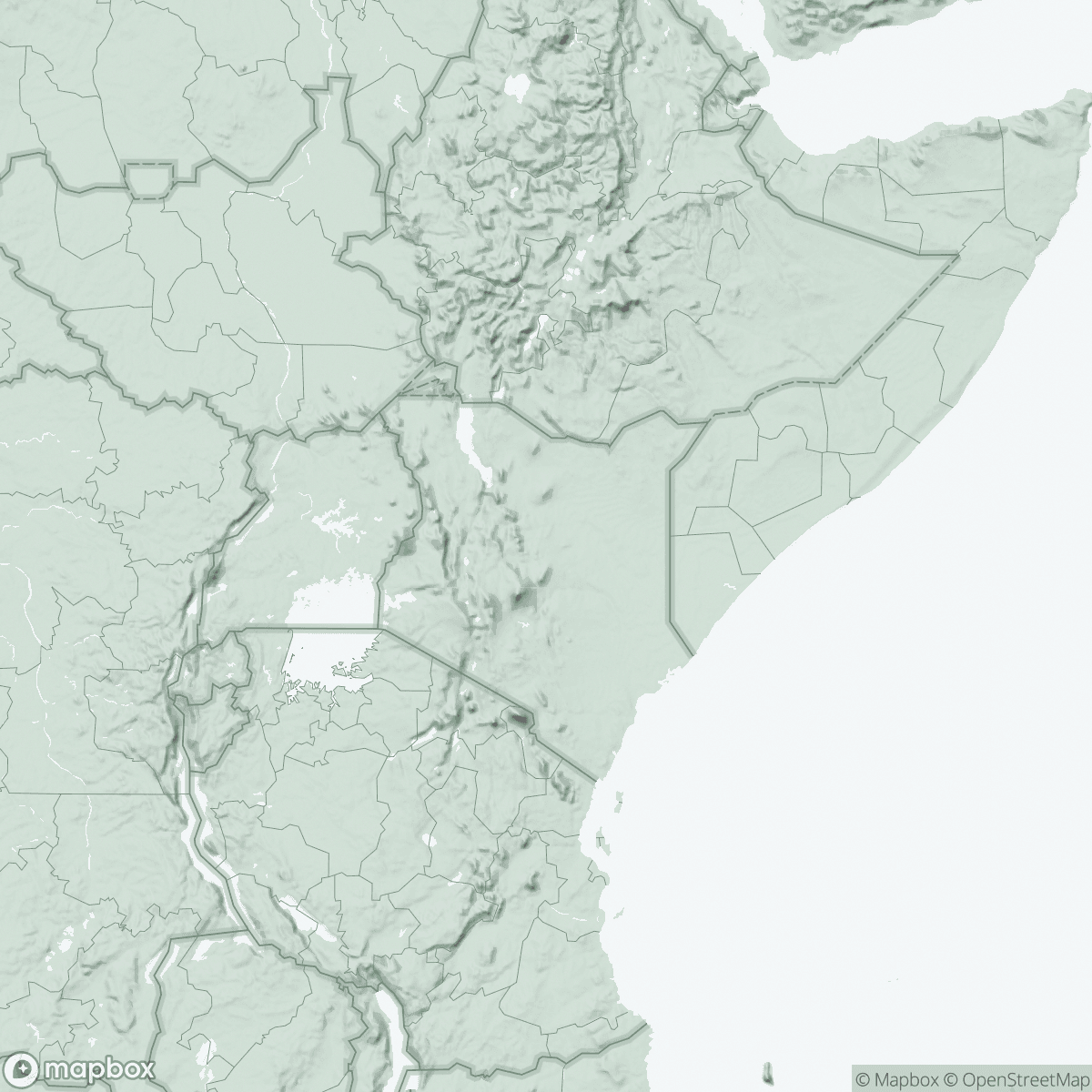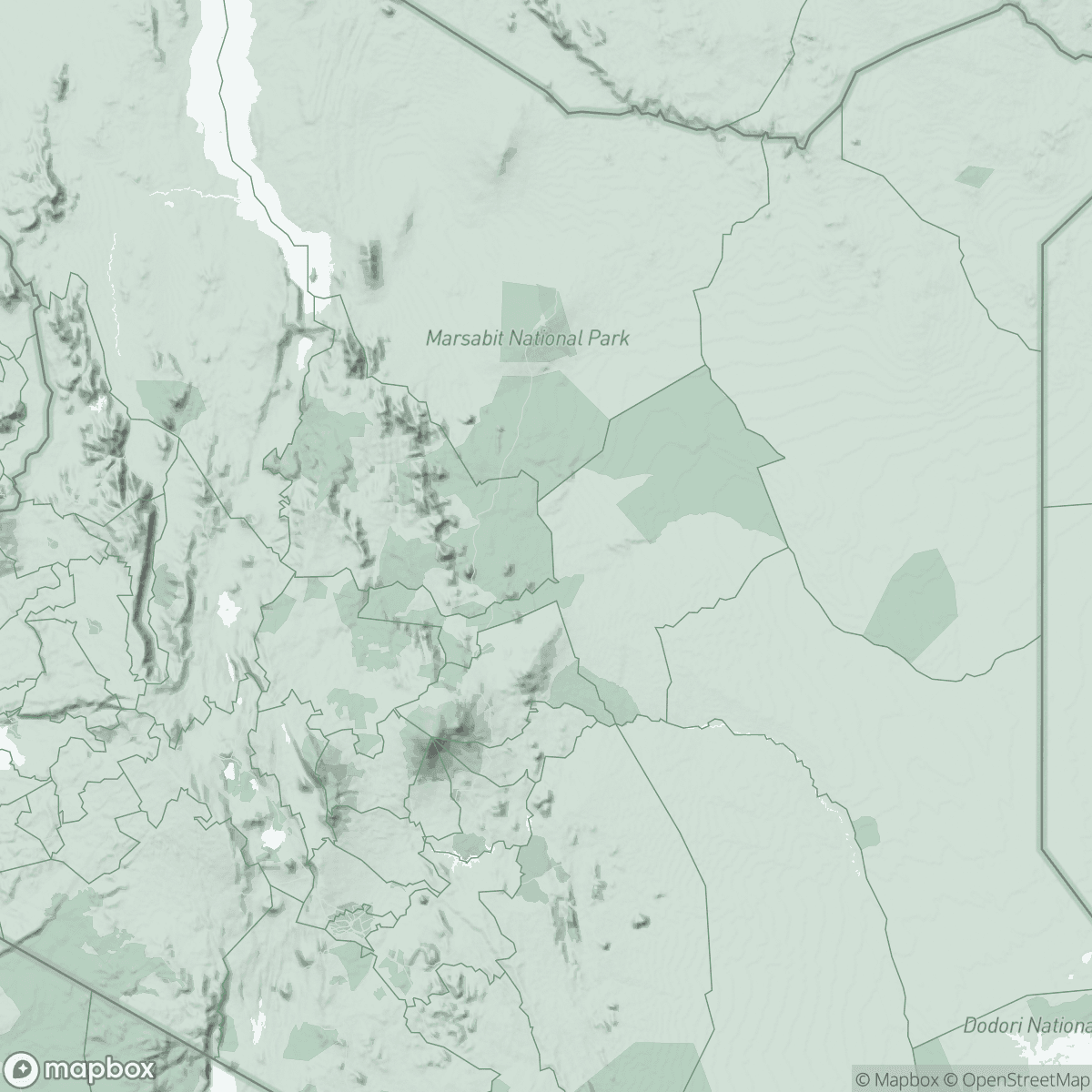
Breaking down stigmas and barriers to care in Mombasa
In 1 click, help us spread this information :
Hakima Masud has been working for Médecins Sans Frontières (MSF) for the past four years as part of the Mombasa project, where the organization cares for adolescents and young people, focusing on the needs of young key populations including gender and sexual minorities in order to improve access to safe, non-discriminatory and stigma-free healthcare.
By Hakima Masud, MSF Humanitarian Affairs Manager in Kenya :
The idea for this project came about in 2021, when one of our teams became aware of the difficulties in accessing healthcare that certain groups were facing in Mombasa.
The following year, we launched our first actions on the ground. Today, we welcome young people and adolescents to centres designed especially for them, where we offer basic healthcare, sexual and reproductive health services and mental health support. But our mission doesn't stop there: In addition to providing medical care, we also ensure that we offer crucial social support, helping those who come through our doors to connect with the resources and services they need, even beyond what we can offer in our clinics.
À Mombasa, nous travaillons en particulier avec des populations clés, un groupe que l'ONUSIDA définit comme les hommes ayant des relations sexuelles avec des hommes, les personnes transgenres et celles ayant des identités ou expressions de genre diverses, les consommateurs de drogues et les travailleuses et travailleurs du sexe. MSF collabore également avec d'autres groupes vulnérables, notamment les jeunes sans abri et les personnes en situation de handicap. Ces identités et expériences s'entrecroisent souvent, accentuant ainsi leur vulnérabilité.
In Mombasa, we work with key populations in particular, a group UNAIDS defines as men who have sex with men, transgender people and those with diverse gender identities or expressions, people who use drugs, and sex workers. MSF also works with other vulnerable groups like homeless young people, as well as those living with disabilities. These identities and experiences can often intersect, which further increases vulnerability.
In Mombasa, our community-based strategy consists a peers approach, where individuals from the same social groups—often people with shared experiences—are trained to provide support, education, and healthcare services to their peers. This method is particularly effective in reaching marginalized and high-risk communities and plays a key role in combating prejudice, particularly among healthcare staff.
Too many people from these vulnerable communities still avoid treatment for fear of being judged or mistreated by those who should be providing them care. And outside the centres, stigma remains a constant challenge. That's why we also document the violence—whether physical or sexual—that is committed against those we support.
In such an environment, MSF's identity takes on its full meaning. We are there first and foremost to provide direct access to healthcare, but also to amplify voices from overlooked communities. Sometimes that means bearing witness on their behalf. On a daily basis, it means being at their side and offering a space for free expression, so that they themselves can claim their rights, denounce discrimination and demand the respect and dignity they deserve. Because access to healthcare should be a fundamental right for everyone, without exception.
Because access to healthcare should be a fundamental right for everyone, without exception.






